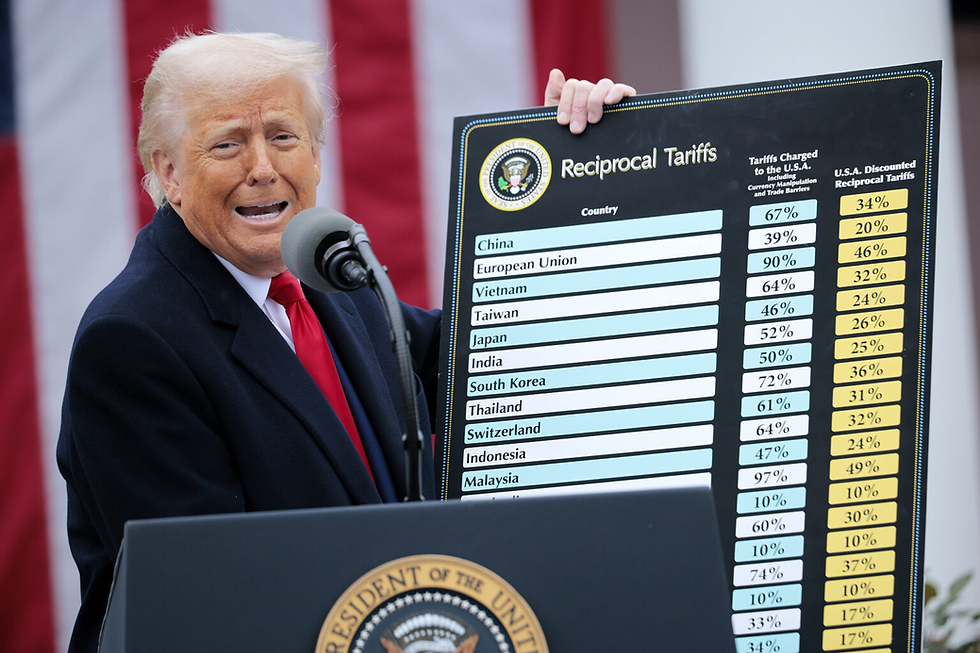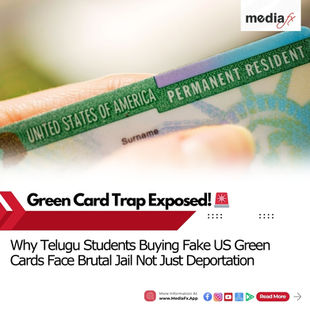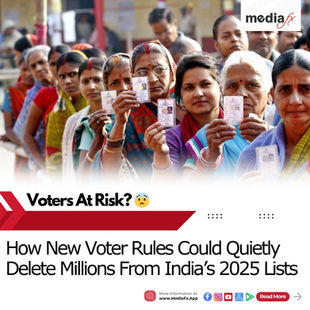🇺🇸🔥 Trump’s Tariffs Get a Temporary Lifeline! What’s the Real Deal? 💼⚖️
- MediaFx

- May 30, 2025
- 2 min read
TL;DR: A U.S. federal appeals court has temporarily reinstated former President Donald Trump's controversial tariffs, which were previously blocked by a lower court for exceeding presidential authority. The administration argues national security concerns, while critics see it as an overreach. The legal battle continues, with implications for global trade and U.S. businesses.

🏛️ The Legal Tug-of-War Begins! ⚖️
On May 28, 2025, the U.S. Court of International Trade ruled that Trump's "Liberation Day" tariffs, imposed under the International Emergency Economic Powers Act (IEEPA), were unlawful. The court determined that the trade deficit did not constitute an "unusual and extraordinary threat," as required by the IEEPA, and that the President had overstepped his authority. However, the very next day, the U.S. Court of Appeals for the Federal Circuit granted a temporary stay on the lower court's decision, allowing the tariffs to remain in effect while the legal process continues. The appeals court cited national security concerns but did not provide detailed reasoning.
💸 Impact on Businesses and Consumers 🛍️
The tariffs have been a double-edged sword. While intended to protect American industries, they've also led to higher prices for consumers and strained relationships with trading partners. Small businesses, in particular, have felt the pinch, facing increased costs for imported goods.
Financial markets reacted positively to the initial court ruling against the tariffs, with stocks rising. However, the temporary reinstatement has reintroduced uncertainty, leaving businesses in a state of limbo.
🧠 MediaFx's Take: A Socialist Perspective ✊
From a working-class, socialist viewpoint, the use of emergency powers to impose tariffs without congressional oversight sets a dangerous precedent. It centralizes economic decision-making in the executive branch, bypassing democratic processes. While protecting domestic industries is crucial, it should not come at the expense of transparency and accountability.
Moreover, the burden of tariffs often falls on the shoulders of everyday consumers and small businesses, not the large corporations they aim to regulate. This approach exacerbates economic inequality and undermines the very fabric of a fair and just society.













































